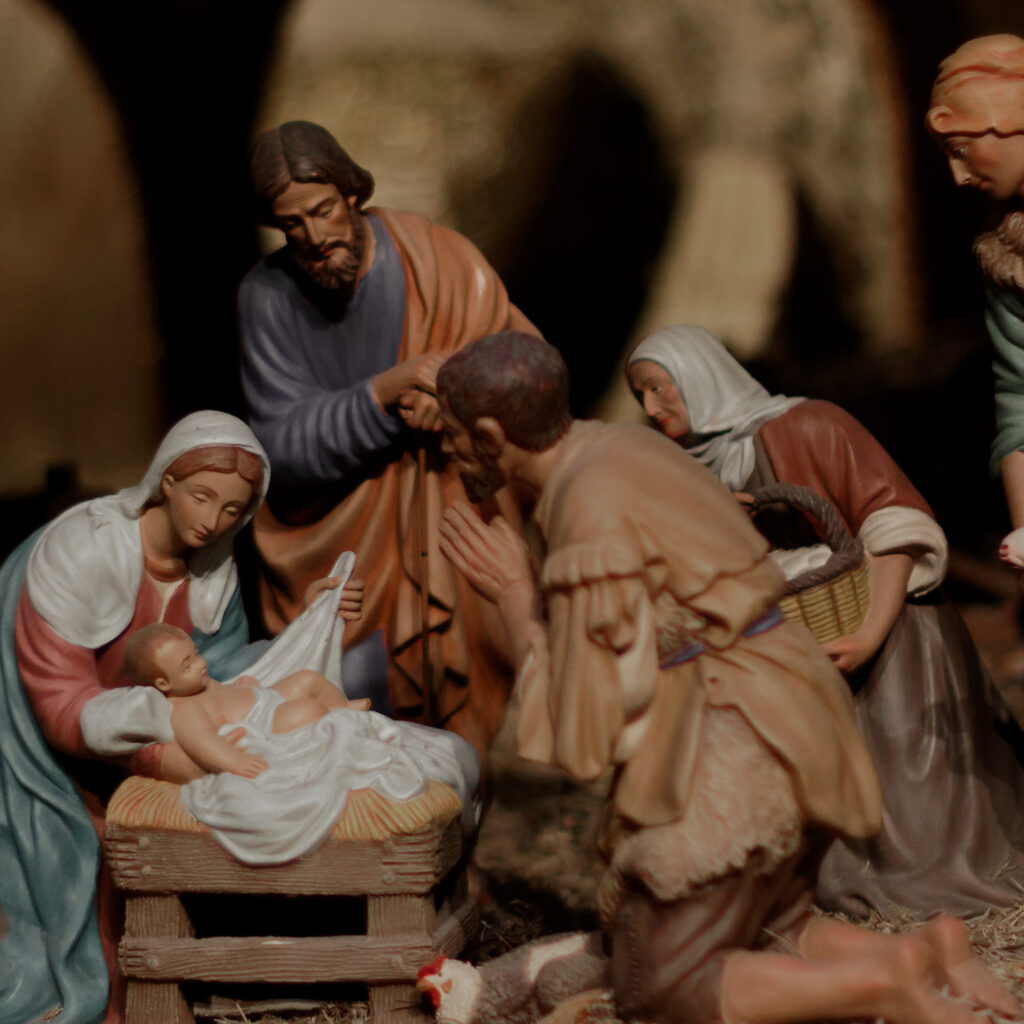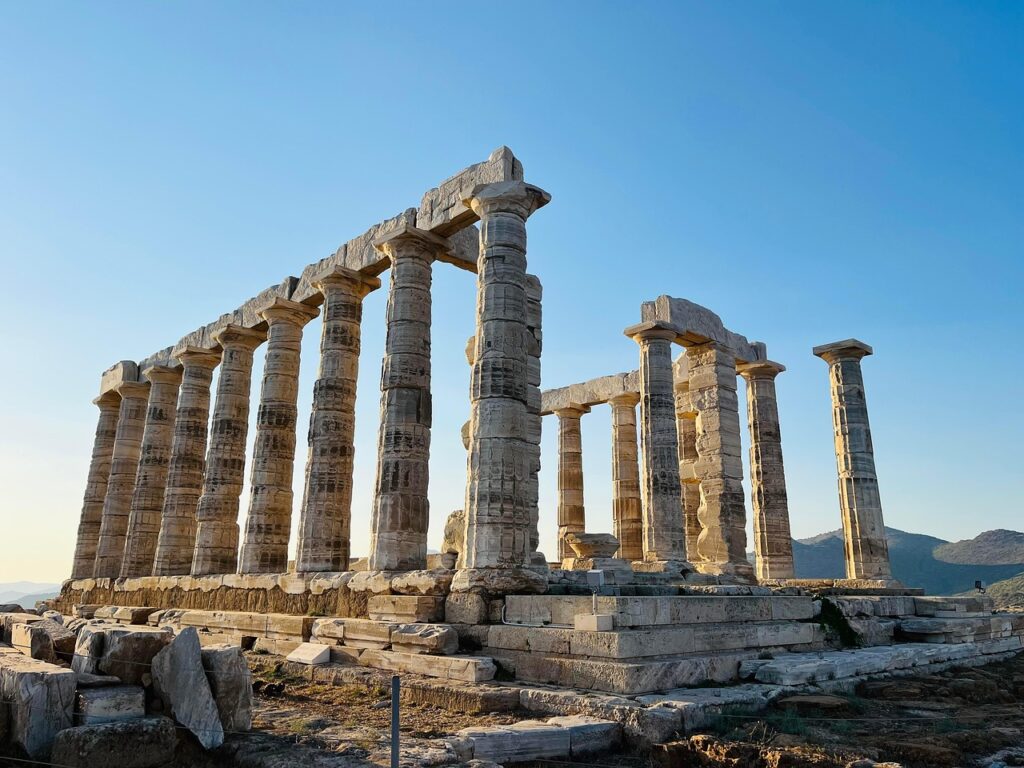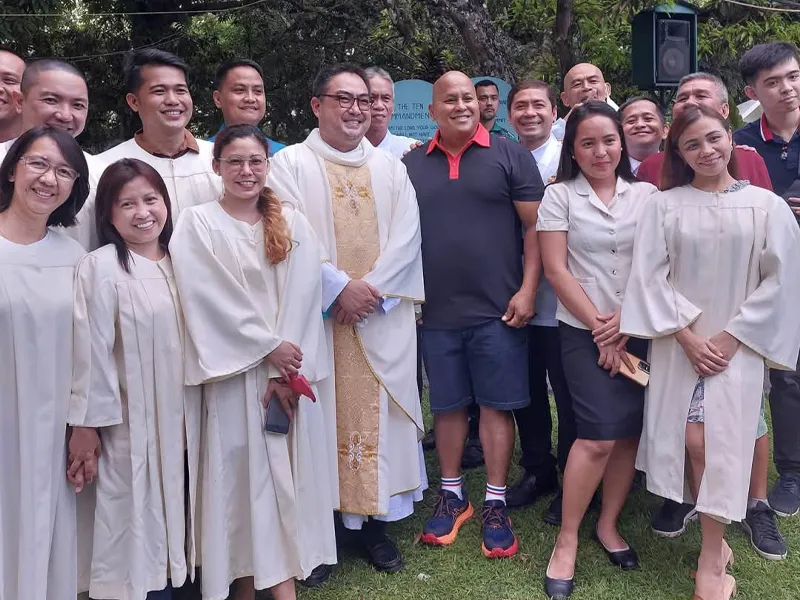Reflection by Bishop Enrique Díaz: “May all people worship you, Lord”
Epiphany of the Lord

Mons. Enrique Díaz Díaz shares with the readers of Exaudi his reflection on the Gospel of this Sunday, January 7, 2024, entitled: “May all people worship you, Lord.”
***
Isaiah 60, 1-6: “The glory of the Lord dawns upon you”
Psalm 71: “Let all people worship you, Lord”
Ephesians 3, 2-3, 5-6: “The pagans also share in the same inheritance as us”
Saint Matthew 2, 1-12: “We have come from the East to worship the king of the Jews”
Who has not felt fascinated when contemplating a starry night? The stars at your fingertips, thousands and thousands, surrounding you on all sides, twinkling, winking and amazing in crazy races when one or another breaks away and seems to fall from the sky. This Three Kings’ night, I wonder what would be the star that managed to impact those wise men of the East. They are all so beautiful, so similar and at the same time so different, that each one has a special charm. What is so special about a star that has shaken thousands of men who, leaving their country, home, and businesses, have embarked on an adventure? Each one is capable of arousing a passion and a desire to move and transform the world… but, there they are, silent, each one of them waiting for someone to discover it and look at it deeply. And the man locked in his shell, hidden in his own lights, stuck in his black darkness, dies of boredom and indifference. Will you be able to discover your star?
The loneliness in which modern man lives is impressive: closed in on himself, isolated and protected by technological means, drowned by his own programs and fears. Never had the man been with so much possibility of communication, but he had never felt so alone either. Epiphany is the manifestation of the Lord, the child of God who comes out to meet men. The first condition to meet Jesus is to leave oneself, let go of the securities and take the first step, in the style of children, perhaps with insecurity and fear, tentative and staggering, but taking the risk of meeting Jesus. Come out of our darkness to let ourselves be illuminated by the light. It is overcoming fears and allowing yourself to be captivated and fall in love with a star, to embark on the craziest adventure: living in the style of Jesus, fully experiencing love and truth. Herod and Jerusalem feel disturbed, they are afraid that their plans, their privileged situation, in short, their entire lives will be disrupted. That is why they close themselves to the happy news that visitors offer and, although they have the answers, they choose to destroy the Good News.
The central point of this Christian festival of the Holy Kings or Epiphany is the Manifestation of the Lord. Christ presents himself and offers himself as a love and a light with the capacity to attract those who are far away; like a friendly, audible call, that summons, mobilizes and links beyond the barriers raised by men; as a universal gift, not subject to the pettiness and particularism of a people or a culture, but open to all people, all places and all times. Jesus is the great step of God that saves transcendence, distance, silence, and comes to us, after a long journey of love, trembling, a beggar of loves. Jesus is the adventure of the encounter between God and men that overcomes distances, differences and makes all men brothers. And yet, there it is, like a star, waiting for that in-depth encounter that manages to mobilize the human being. There he is willing to illuminate, guide and transform. But man needs to open his shell of security and let himself be illuminated. Risk is transformation, the beginning of adventure, love and pain. But a life lived like this, in the style of Jesus, is certainly worth it. It is better to suffer in the pain of love and following a star than to remain sterile in the meaninglessness of an empty life.
These men from the East, when they prostrated themselves before the Child Jesus, “offered him gifts: gold, frankincense and myrrh”. What do these gifts mean? It is said that they offer gold as a king, incense as a God and myrrh as a man, but to me the meaning of these gifts seems deeper: they are a sign of a complete and personal dedication of each one of them to whom they have given been searching with so many adventures. Only then does the gift make sense. Otherwise, it becomes a mercantilist exchange that seeks to disguise the void and avoids a deep encounter between people. It would seem that the gift carries a utilitarian hook that binds people to our own desires, and this should not be the true meaning of the gift. It is only a true gift when it is an expressive symbol of the esteem we have for people, when it expresses the free connection that we want to maintain and strengthen with them, when it is a sign of our willingness to give them time, support, company and true affection; when it shows our gratitude for what they are and are worth to us and all this without doing the math, without expecting retribution, or giving rise to ulterior motives. This is the true gift, both to God and to those around us. Do we give this meaning to our “gifts” during these days of Christmas, New Year and Epiphany? With whom, and why do we share a gift? What do we offer to the Child Jesus?
Finally, just one word that closes the story: they returned to their land by another path. They return to their same homeland, but with another heart, along another path. Whoever finds the True Star will always have conversion and change. Things may seem the same, but he is already different. Whoever finds Jesus cannot continue along “his same paths.” He will continue in his same places, but with a new heart and a new look, because a Star has illuminated his life. What does this feast of the Epiphany or the Three Kings mean to you? How has it transformed your life?
Lord, our God, who through a star made known on this day to all peoples the birth of your Son, grant to those who already know you by faith to be able to contemplate, face to face, the beauty of your immense glory. Amen.
Related

He who is without sin, let him cast the first stone: Fr. Jorge Miró
Jorge Miró
06 April, 2025
3 min

Reflection by Bishop Enrique Díaz: Great things you have done for us, Lord
Enrique Díaz
06 April, 2025
5 min

“The priest finds his reason for being in the Eucharist”
Fundación CARF
01 April, 2025
5 min

Family Valued: An international appeal for the family
Exaudi Staff
01 April, 2025
2 min
 (EN)
(EN)
 (ES)
(ES)
 (IT)
(IT)

